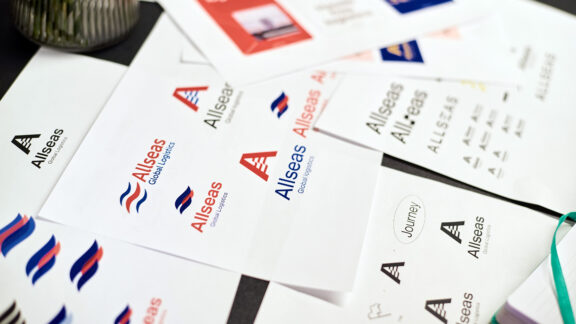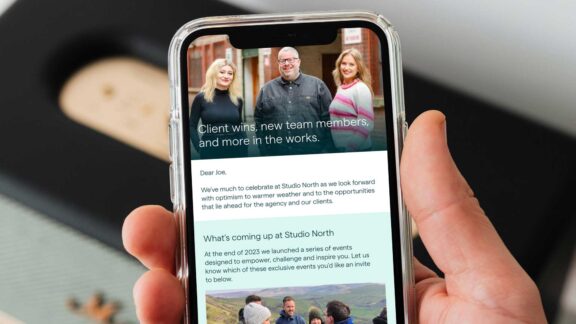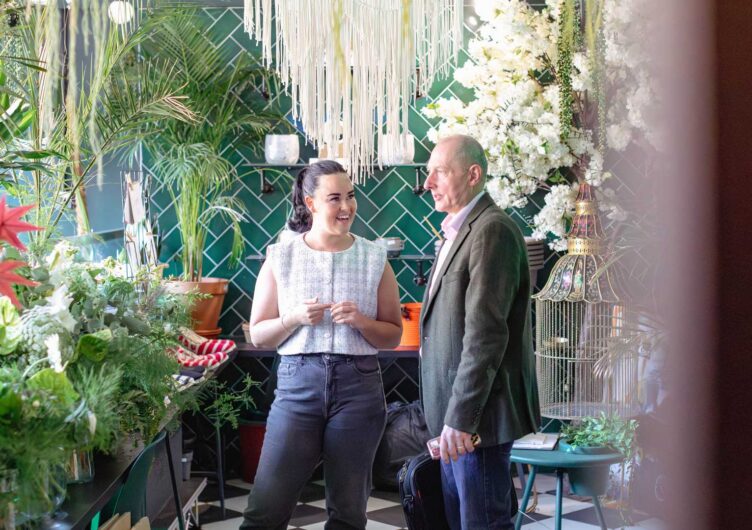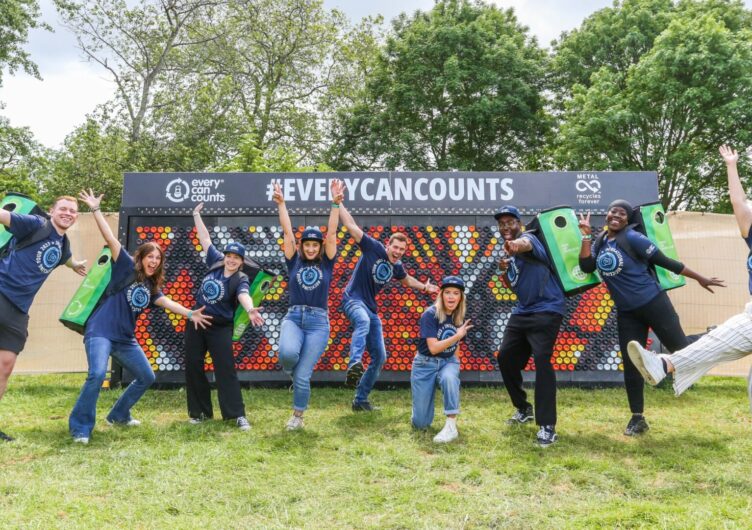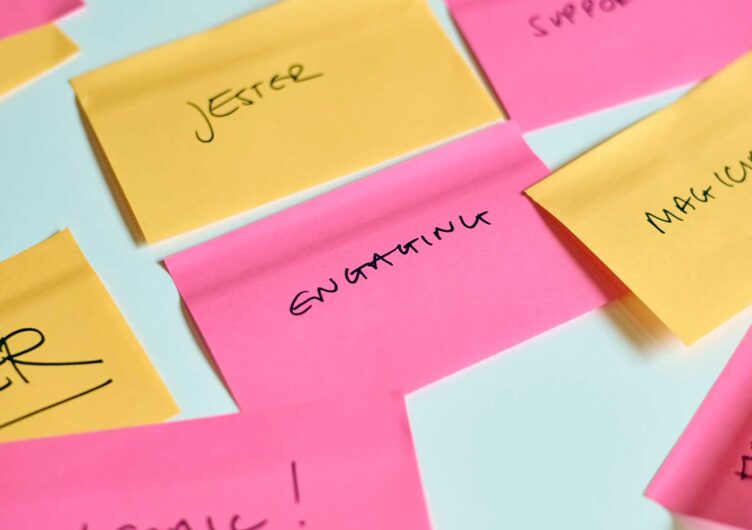You’ve decided it’s time to create or refresh your brand identity but you want to prepare yourself and your team for the exciting journey that lies ahead. Well thankfully you’ve come to the right place. Below we’ve shared some brand project tips including five key steps to prepare for brand transformation success.
1. Understand the full brand process and the commitments required
Whether embarking on a new brand creation or a brand refresh and repositioning it’s important to understand the full process and whose involvement you’ll need. A brand’s more than just a logo and lick of paint as you’re probably aware but do you know how to get the most out of the process to ensure that your brand promise is something that can be delivered on? Hopefully, our brand project tips can be considered as part of your full brand process:
Customer interviews / questionnaires
Can you get your customers to engage in the process? The more accurate this feedback is the more useful it will be so good and bad feedback will give the best insight.
Staff interviews / questionnaires
It’s important to get the involvement of senior staff and board members of course, but also consider other members of staff who may have valuable contributions and different perspectives.
Competitor analysis
Do you know who your competitors are? Reviewing competitors brands and positioning can help you to identify gaps in the market or a space to own inline with your own strengths.
Brand workshop
Getting a large group of your team together for a lengthy session can be a challenge. Everyone needs to understand the importance that their contributions will provide in defining the brand and why they should make time for this.
Naming
You may already have a brand name and that’s great, but if you don’t this is an important part in the creation of your brand. Choosing a name, confirming it’s availability for use within your industry in terms of previously registered trademarks and securing related urls can be a challenge.
Logo creation
Creating a logo in isolation doesn’t usually produce the best results, understanding how it will work with your brand as a whole can help for it to be considered in context. Protecting your brand mark is also a consideration and one that can add time to a project.
Brand identity
The brand identity creation comprises lots of elements. Consider that it may be necessary to plan for photoshoots or create illustrations / assets to fulfil the vision of the brand. These are often elements that can slow down the launch and rollout of a brand if not considered when budgeting.
Brand guidelines
Who will need to work from your brand guidlines? Whether you have an internal design team or rely on external agency support it’s important to consider what they will need as guidance from your brand guidelines.
Brand templates
It is common for guidelines to show how the brand will look and feel in different collateral. It is also useful to include commonly used brand templates to help with the consistency of rollout, starting with the most obvious stationery through to product data sheets or brochures. Consider what the most important templates will be for you.
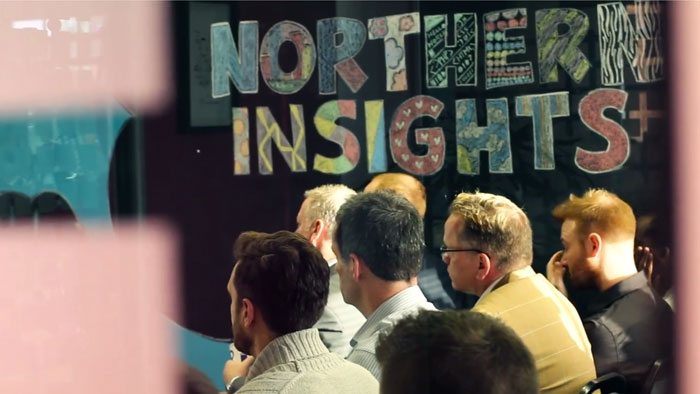
2. Have a realistic schedule for the brand process and rollout
As you will now gather the branding process has many stages and involves many people. Co-ordinating diaries and interviews can be a challenge. In addition to that the decision making process will often involve multiple people. It’s therefore vital to allow yourself enough time to receive and discuss strategy and creative outputs.
An experienced branding agency will understand and plan enough time to allow for the full process to achieve the best outcomes as well as keep you updated on what is required from you and when.
3. Agree key decision makers at the outset of your brand project
To avoid internal squabbles this is probably one of most important brand project tips. As touched upon earlier it’s great to involve a mix of roles and seniority in the brand process. There’s plenty of opportunity for everyone to have their say and brand workshops generally provide a consensus of output although there is usually some healthy debate too! But it’s good to outline at the beginning of the process who the key decision makers are and who will need to be consulted in making that decision. It may be useful to create a table of responsibilities for key decisions, and different people may have their own areas of expertise in relation to those decisions.
4. Conduct an audit of what collateral will need to be updated to reflect your new brands positioning
If you have a full list of what collateral will need to be updated or created at the end of your brand project it will really help in planning your budget and rollout. It will also help the agency in demonstrating how your brand could work for you in practice.
As well as the outputs you see also think about how your brand tone of voice will be conveyed. That could be the descriptions for your social channels, how your staff should interact with clients or even what hold music you have for your phone lines. Anything that represents a client touch point should be a consideration.
5. Budget for the rollout and continued marketing efforts to communicate the message of your brand
Make sure that you have a consideration of budget for the rollout of your brand. This could take a phased approach if appropriate. A bigger investment in the brand process will be worthwhile but only if the activation of the brand can be achieved with what’s left in the pot.
If you have any questions about preparing for your brand creation or refresh then why not pop in for a chat, we’d be happy to discuss your challenges and expand upon these brand project tips.
